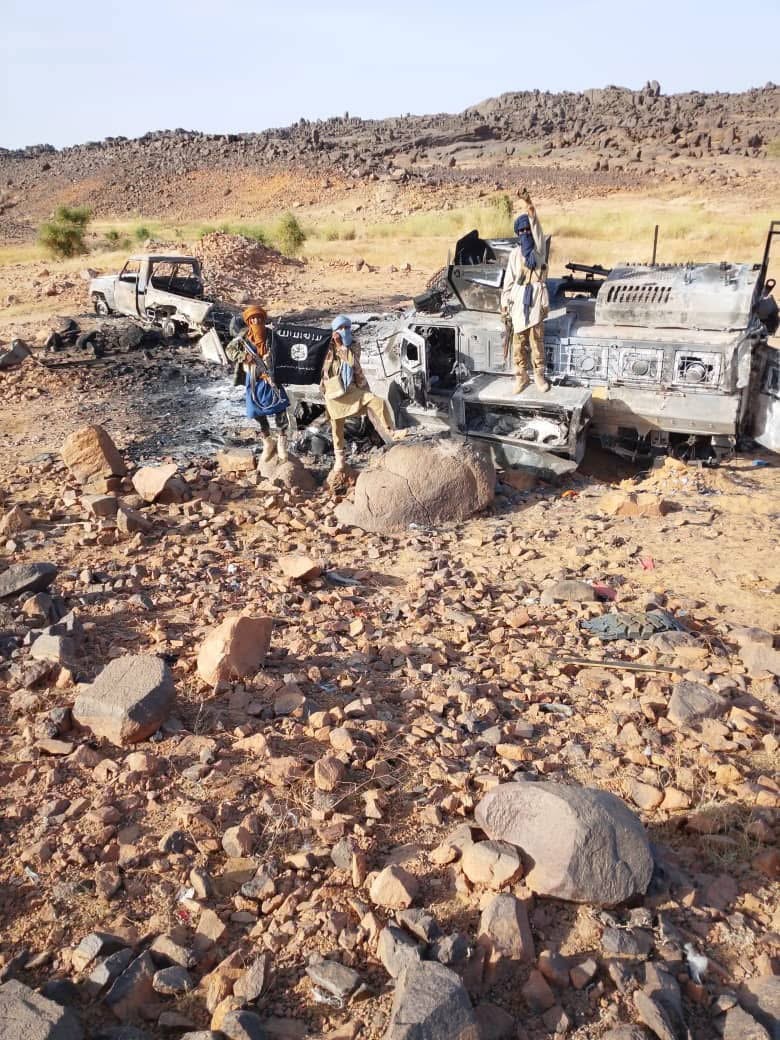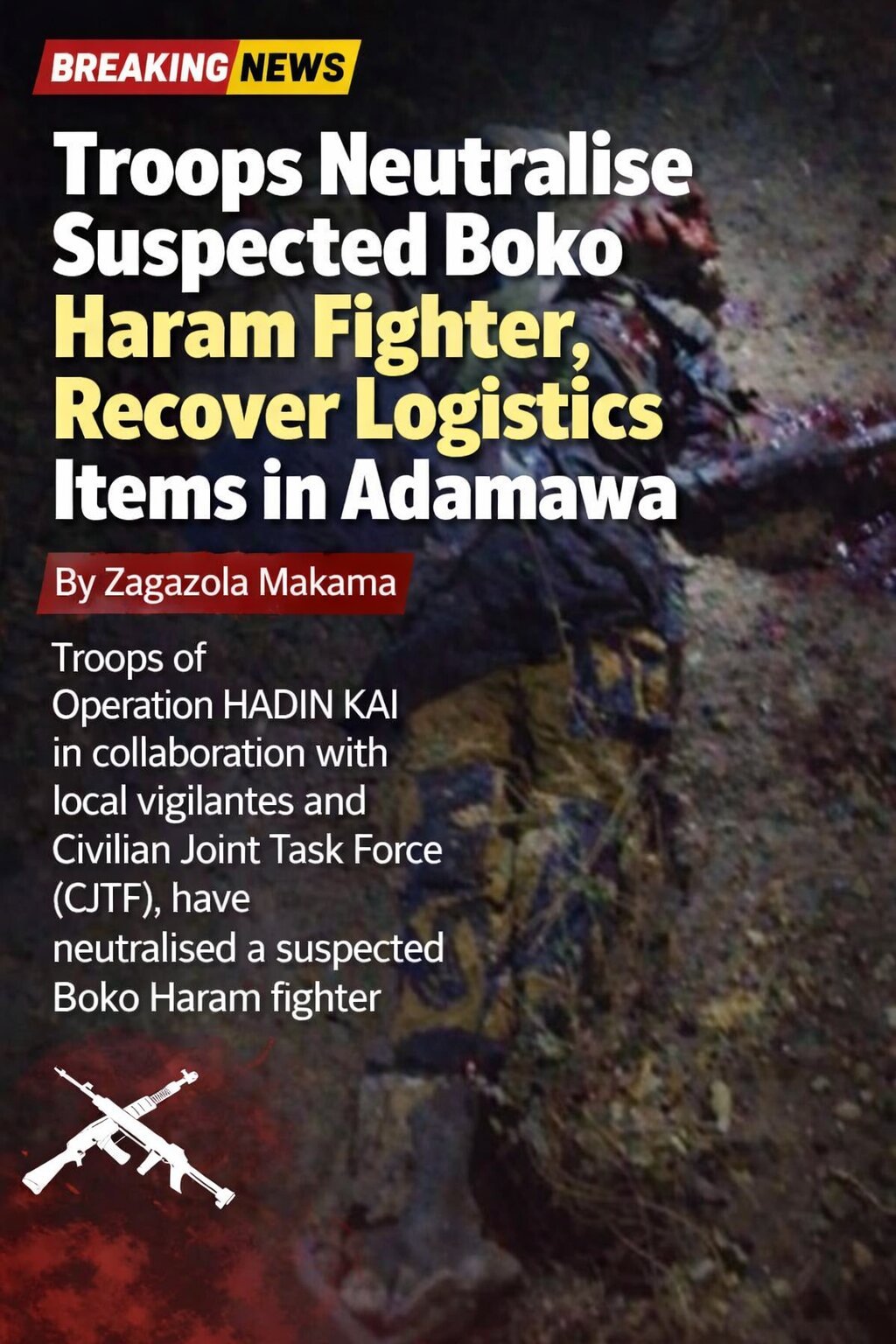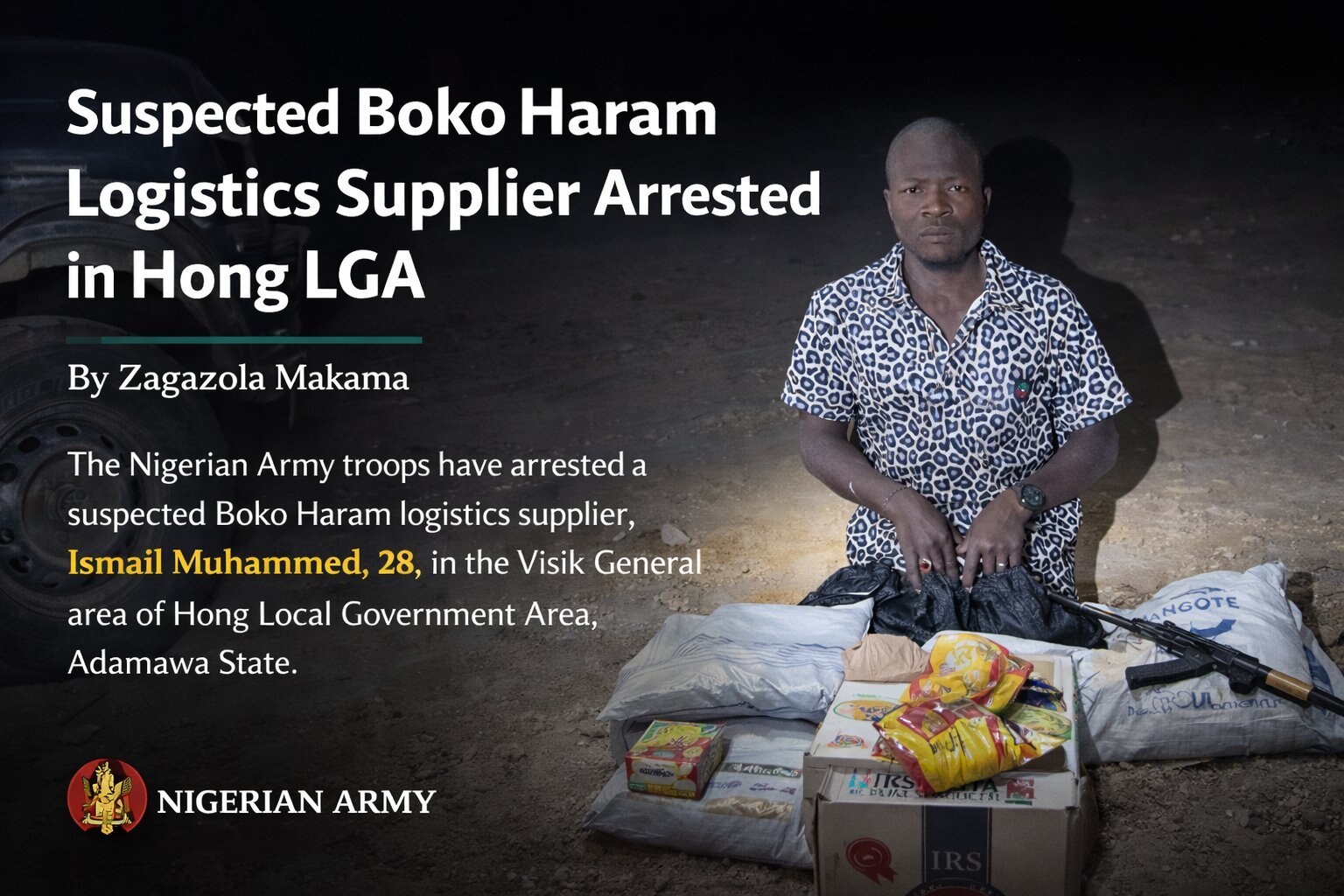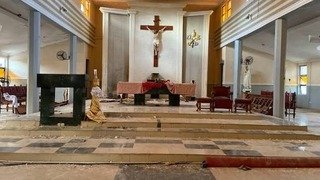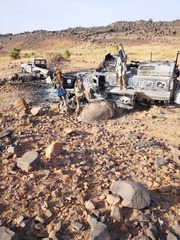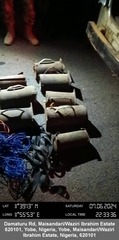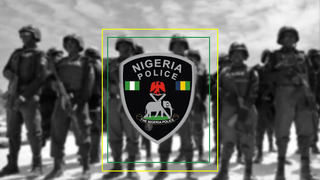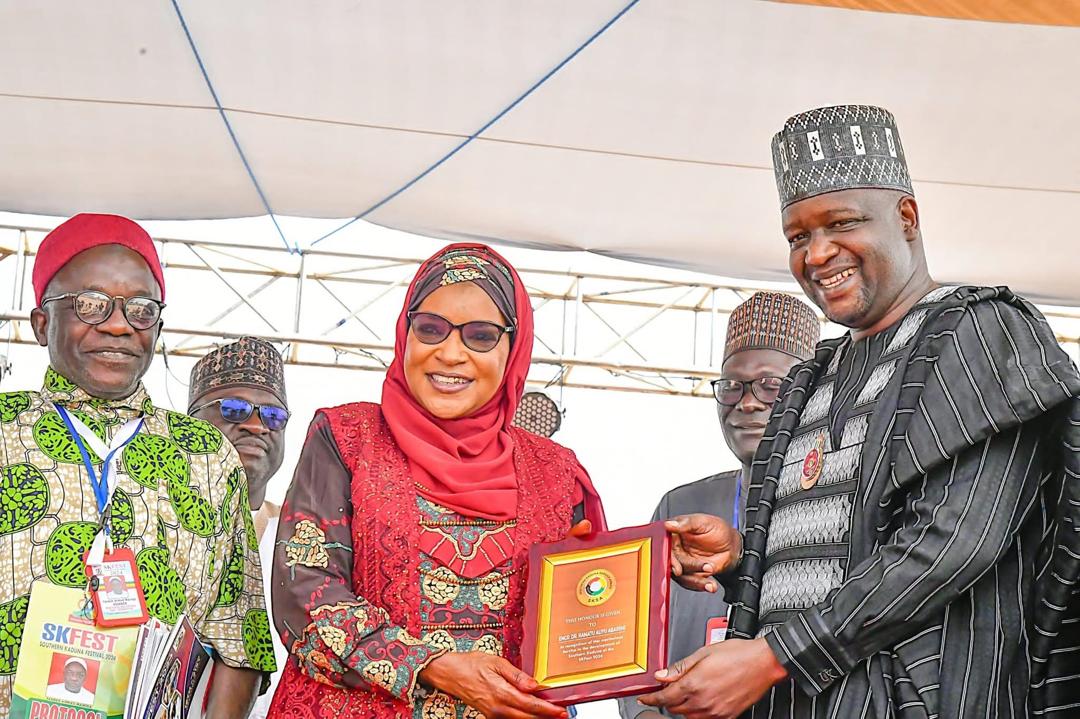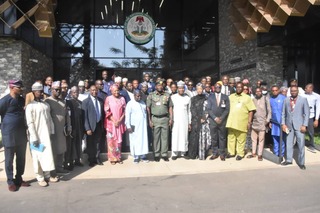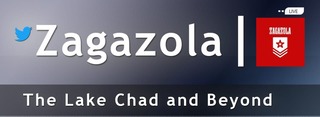Rising terror attacks, military discontent deepen Niger and Mali’s security crises
By: Zagazola Makama
The security situation in the Sahel is taking a worrisome turn, with Niger and Mali witnessing escalating jihadist attacks, worsening humanitarian conditions, and complex negotiations between armed groups and state actors.
In Niger, suspected Islamic State West Africa Province (ISWAP) fighters ambushed a gendarmerie patrol on Sept. 9 along the Diffa–Maine Soroa highway, killing three and injuring two. The ambush left two patrol vehicles damaged, while discontent is reportedly brewing within the ranks of the security forces.
Some gendarmes lamented being deployed without sufficient equipment and accused the junta authorities of failing to pay August salaries. One of the fallen officers was said to have been recently married, leaving behind a young wife he had barely spent three days with before deployment.
This incident is the latest in a series of deadly assaults targeting Niger’s security personnel and civilians. On Sept. 10, Islamic State in the Greater Sahara (IS Sahel) staged multiple attacks across Tillaberi Region. The insurgents raided Kabaya sector near a school exit, launched a devastating strike on Digga Banda town, and attacked a National Guard base in Yelou, Dosso Region.
In Digga Banda, IDP camps and several huts were torched, a truck destroyed, and herds of cattle carted away. Although casualties remain unclear, residents fled in panic as the violence unfolded.
The Human Rights Watch (HRW) also raised alarm over rising atrocities in Tillaberi. The organisation reported that IS Sahel executed 127 civilians in five documented attacks between March and June 2025. Most victims were accused of collaborating with the Nigerien army, which, according to residents, failed to protect them despite repeated alerts.
Adding to the grim picture, video footage circulated on Sept. 10 showing Sakoira town in Tillaberi, once a thriving settlement, now reduced to a ghost town. Repeated terrorist assaults forced residents to abandon the area, worsening the humanitarian crisis as displaced persons flood into Niamey and other relatively safe areas.
Niger’s deepening crisis risks spilling across borders into Nigeria’s Northeast and Northwest, which share porous frontiers with Diffa and Tillaberi. Beyond IS Sahel and foreign ISIS fighters, local groups like Lakurawa are reportedly building momentum in Sokoto and Kebbi states, seeking to expand jihadist operations in Nigeria.
Security experts stress the need for Nigeria to intensify operations along its northern borders while strengthening bilateral ties with neighbours to counter the common threat.
Meanwhile in Mali, jihadist group Jama’at Nusrat al-Islam wal-Muslimin (JNIM) is showcasing signs of growing sophistication. On Sept. 8, the group released images from its purported Agh Qaasem training camp, depicting fighters in standardized uniforms undergoing drills with professional equipment. The move is seen as an attempt to project discipline, cohesion, and rising military capacity.
On the same day, reports emerged of a meeting in the Tilemsi zone of Gao Region involving JNIM leaders, drug traffickers, and Malian intelligence officials. Key figures at the meeting allegedly included Housseni Ould Hamad (alias Zakaria), Col. Diallo of Malian intelligence, Abou Hamza Singutti, Mohamed Rougeo, and Sidi Ahmed Ould.
Discussions reportedly centred on lifting JNIM-imposed blockades in Kayes, Nioro, and Gossi in exchange for payments. By Sept. 9, the blockade in Gossi had already been lifted, with agreements reached to end others following financial settlements, including alleged payments of up to one billion CFA francs.
Observers say these developments highlight how jihadist groups are entrenching themselves not only militarily but also economically and politically, leveraging illicit trade networks and weak state structures.
With JNIM consolidating control in parts of Mali and Burkina Faso, and IS Sahel expanding in Niger, the Sahel’s fragile states face mounting risks. Analysts warn that without coordinated regional and international action, the insurgents may push further into coastal West African states, threatening broader stability.
As one regional expert put it: “The Sahel is at a crossroads either governments and their partners act decisively to break the cycle of insurgency, corruption, and coups, or jihadist groups will continue to expand their reach, feeding off weak institutions and local grievances.”

